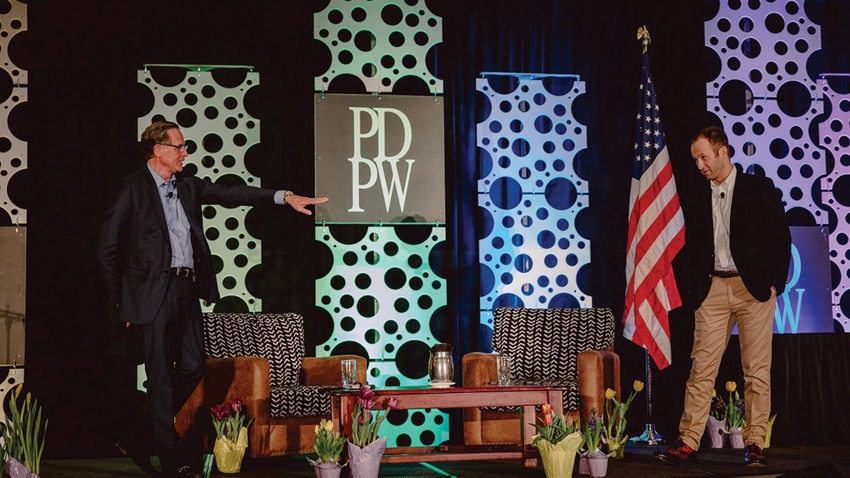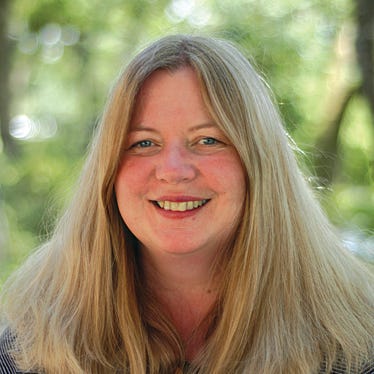
Keynote speakers Dan Basse, president of AgResource Co., and Jacob Shapiro, partner and director of Cognitive Investments, provided insights and analysis of the economic, geopolitical and market factors impacting the dairy industry during the opening session of the Professional Dairy Producers Business Conference at the Kalahari Resorts in Wisconsin Dells on March 15.
Shapiro told the audience of 1,400 dairy farmers from 36 states that the world is in the midst of deglobalization.
“There is not going to be one dominant power in the world,” Shapiro said. “For 30 years, the U.S. was the top power. Now, we are going to have multidominant powers.”
But, he noted, just because the world is deglobalizing doesn’t mean there won’t be world trade.
“Most foreign leaders would kill to have the problems we have in the U.S.,” Shapiro said.
In 1999, the U.S. had 70% of currency worldwide, he said. “Today, it has dropped to 59%. In times of geopolitical stress, people in the world want dollars. In the next five years, I see people in the world turning to dollars.”
Shapiro said there will be opportunities for increased trade in the future with countries like Mexico and Brazil. Sixteen percent of all milk produced in the U.S. is exported.
“But China is trying to wean themselves off of trade with the U.S. Five years from now, China won’t be trading with the U.S.,” Shapiro predicted.
“We’re going to see different spheres of political influence around different powers,” he added.
Economic reset
Basse told dairy producers that a great economic reset is underway, and it will impact the dairy economy.
“Inflation is not going back in the 2% bottle anytime soon,” Basse said. “Gone are the days of low interest rates and monetary accommodation. The big question is, what is the new natural rate of inflation? It’s not the 1.6% average of the past decade.”
Basse noted that energy will stay in short supply due to underinvestment, while cheap labor in China, the U.S. and Europe is no longer available.
“The cost of capital is rising back to levels of the 1990s and early 2000s, which has implications for world asset pricing for the next five to seven years,” Basse said.
Brazil has become the world’s largest corn exporter, he noted.
2023 will likely be a challenging year for most farmers, Basse said.
“According to USDA, farmers will be making less money this year. They are projecting a 16% decline in net farm income because of rising costs and falling prices,” he said.
The only commodity bucking that trend is beef.
“The cattle market is going to see higher prices, with record highs and a better opportunity for those farmers going forward,” Basse said. “Cattle prices will score new record highs in 2024. How high beef prices rise depends on the health of the U.S. economy.”
Because the U.S. beef herd is at a 50-year low, Basse explained: “U.S. dairymen must step up and sell more dairy-beef. The only market that is going up is beef. Dairy and crop prices are going down.
“We all need to be doing our share in bringing food to the table, because America is going to be needing this long term. We’re going to add another billion people to the planet in the next eight or nine years. We need more acres worldwide to feed everyone.”
Read more about:
Farm EconomyAbout the Author(s)
You May Also Like






